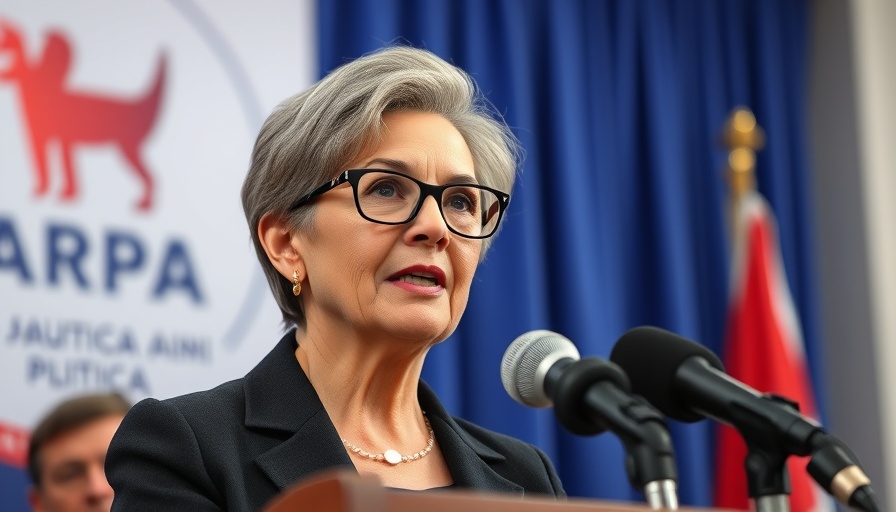
DA Challenges Employment Equity Act: Examining Constitutional Concerns
The Democratic Alliance (DA) is set to take the Employment Equity Act to court, arguing it negatively impacts job accessibility for South Africans. On May 5, 2025, DA Federal Council Chairperson Helen Zille announced this critical legal challenge, which has implications for constitutional rights and employment practices in the country. The party contends that the Act, rather than serving its intended purpose of redressing historical inequalities, imposes unfair constraints that could hinder job opportunities for a large section of the population.
Legal Implications and Constitutional Benchmarks
One of the fundamental tenets of the DA’s argument hinges on the assertion that the Employment Equity Act fails to meet legal benchmarks for fair discrimination as outlined in Section 9(2) of the South African Constitution. Zille emphasized that merely labeling discrimination as 'fair' does not absolve it from rigorous evaluation. "Any discrimination that is deemed to be fair has to be proved to be fair," she stated, positioning the Act as failing to meet this crucial bar. This legal interpretation seeks to challenge not just this specific piece of legislation but also the underlying narrative that underpins many policies aimed at rectifying historical injustices.
ANC's Role in Employment Equity: A Matter of Controversy
In her media briefing, Zille did not shy away from criticizing the African National Congress (ANC), noting that the failure of the Employment Equity Act is symptomatic of broader issues related to cadre deployment and state capture. Zille argued that the ANC has prioritized placing party loyalists into key employment roles rather than genuinely addressing the needs of the marginalized communities it professes to empower. This statement reflects longstanding tensions between the DA and ANC, particularly regarding the approach to governance in South Africa.
Navigating the Coalition Landscape: What This Mean for GNU
The decision to proceed with legal action raises complex questions about the DA’s position within the Government of National Unity (GNU). Strained relations with the ANC could complicate the coalition’s ability to navigate ongoing challenges, especially as South Africa approaches the 2024 general elections. Zille clarified the DA’s commitment to remaining in the GNU, asserting that the party is not interested in merely catering to the ANC's agenda. Instead, they see their presence in the coalition as a strategic position from which to influence meaningful changes within the framework of governance.
Future Implications for Employment Policy and Political Alignment
The court's outcome will carry significant weight for how employment equity is approached moving forward. With youth unemployment rates at an alarming level—which the DA has consistently highlighted—this legal battle is not just about the present legislative framework but also about future job creation strategies that must be more inclusive and equitable.
A Broader Context: Reflecting on South African Governance
This legal challenge by the DA dovetails with ongoing discussions regarding broader governance challenges in South Africa, including public sector reform, accountability in the face of state capture, and the efficacy of government frameworks in dealing with socio-economic disparities. As political realignment continues to take shape, the DA’s stance against the Employment Equity Act could resonate with disenfranchised voters ahead of pivotal elections.
Concluding Thoughts: Legal Action as a Catalyst for Change
As South Africa stands at a crossroads with its employment policies and broader socio-political framework, the DA’s challenge against the Employment Equity Act could become a significant marker in the country’s journey toward equity and justice. This case serves as a reminder that questioning legislative intent and implementation is crucial for fostering accountability within South Africa's government, creating an environment where future policies are crafted with the input and needs of all South Africans in mind.
 Add Row
Add Row  Add
Add 




Write A Comment